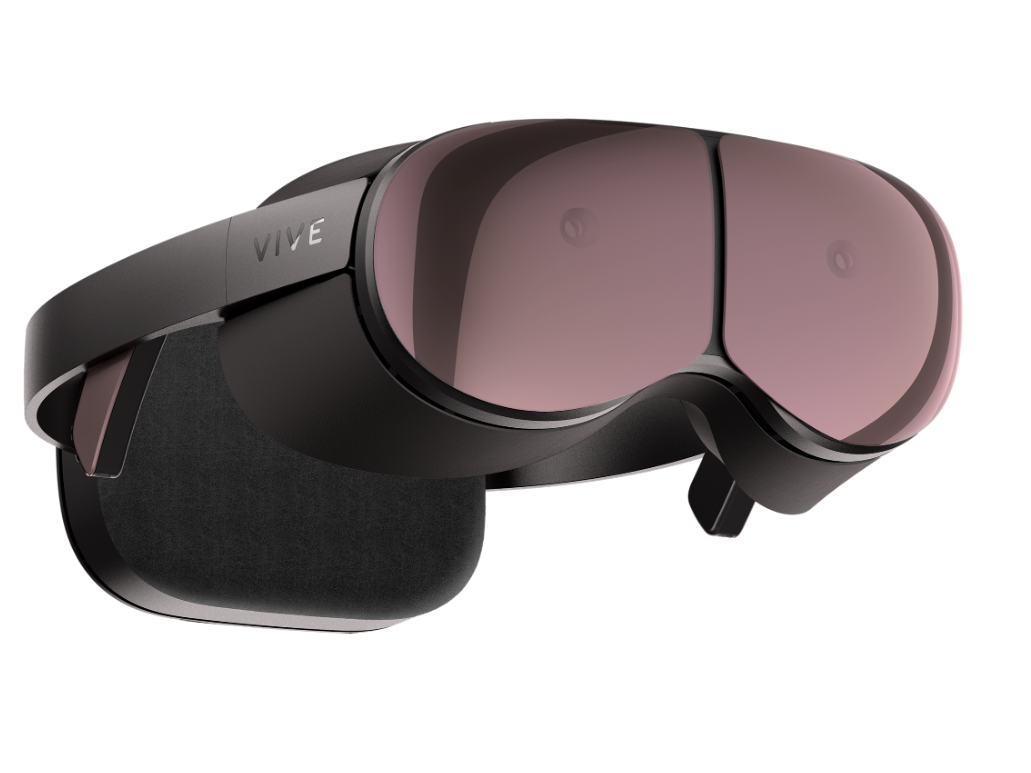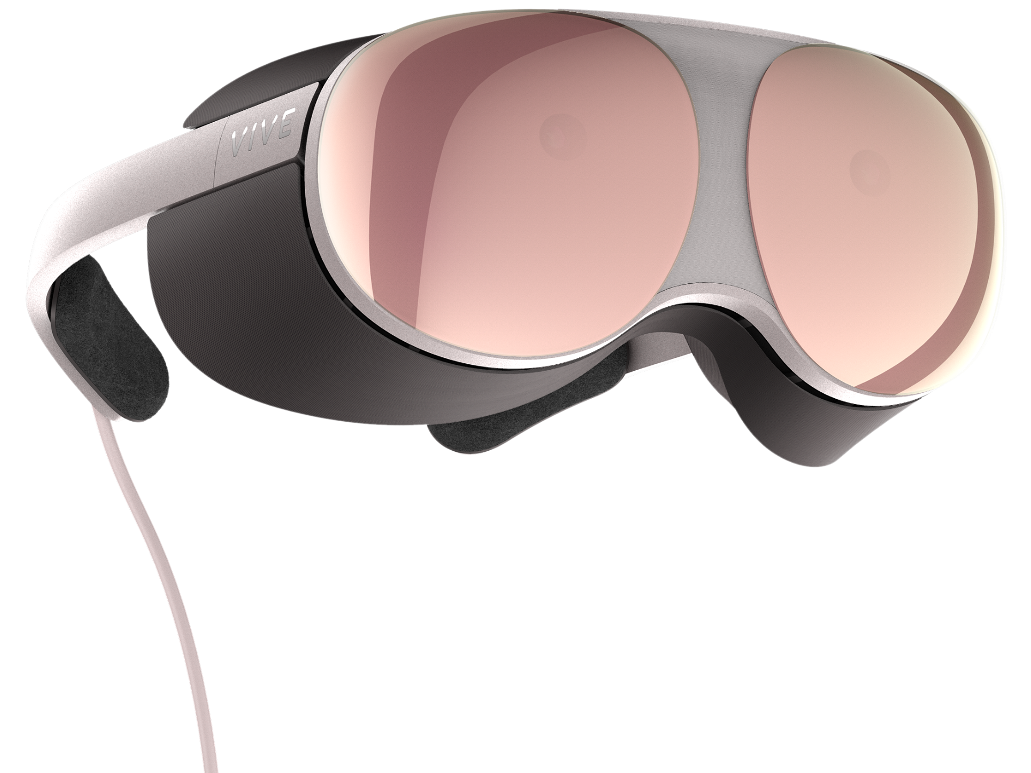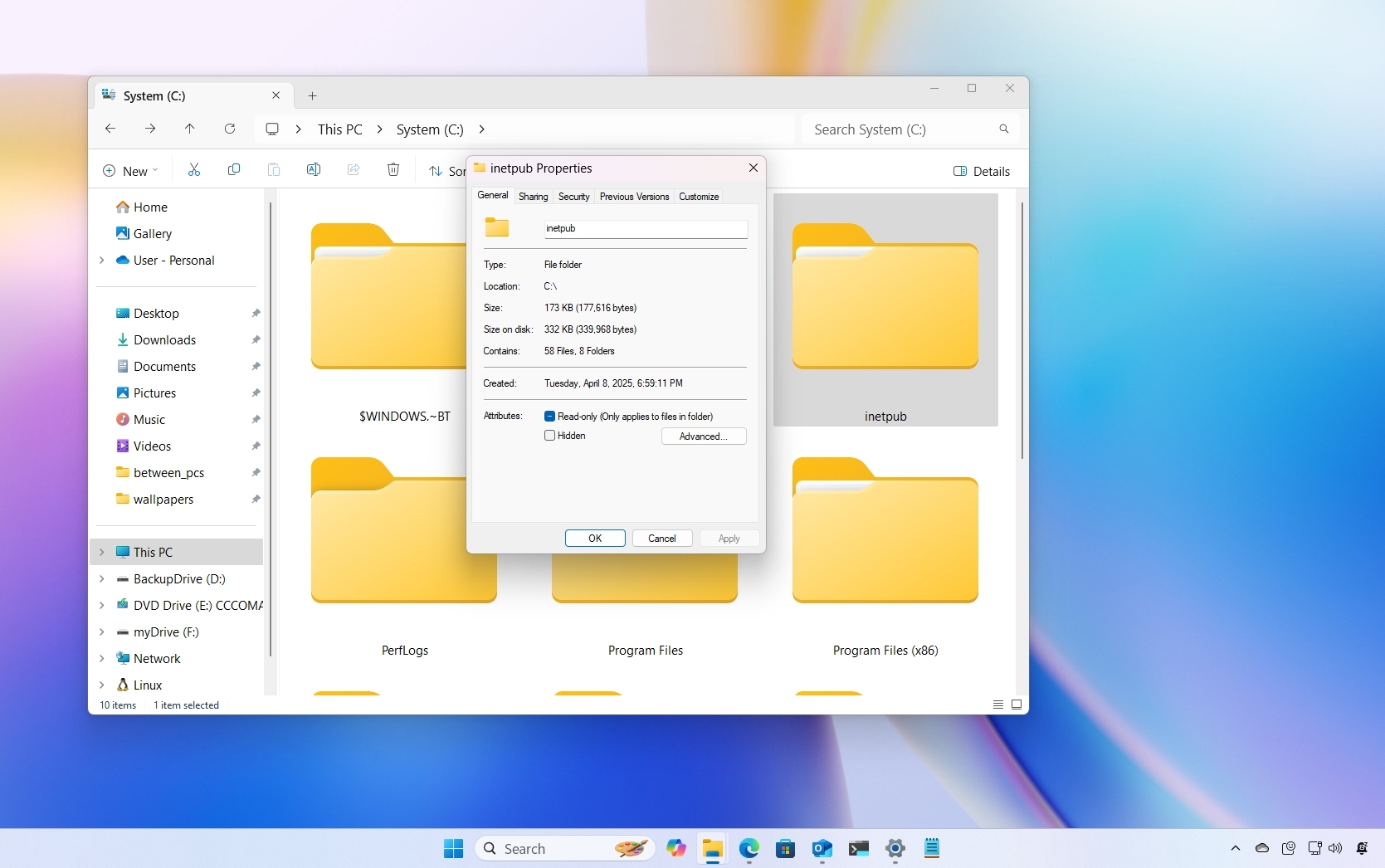HTC Project Proton showcases a new unified vision for VR and XR
Lighter, sleeker, and better looking than before, it's is an intriguing vision of what's to come for the industry.


What you need to know
- Project Proton represents the fusion of AR and VR into a single product.
- It's a massive deviation from current Vive design language and features a significantly sleeker, lighter vision.
- This is still in the prototype stage with a release date TBA.
While HTC is betting on the Vive Cosmos being the most versatile family of VR and XR HMDs on the market, Project Proton represents a singular vision that looks straight out of a science fiction movie (or Johnny Depp's Willy Wonka). HTC is utilizing the term "Augmented Virtuality" for this headset because it represents the entire range of AR and VR (known together as XR) melded into a singular hero product. HTC's goal is to allow virtual experiences to switch between the fully virtual and fully real worlds on the fly, with augmented experiences that can happen at any point in time.
While no specific examples were given during the briefing, it's not hard to imagine a game that blends together elements in the real world, say a stack of LEGO on the floor in your living room, with virtual elements such as animated characters or other virtual set pieces. You could then venture straight into a fully-virtual world with these other elements, creating a reality all its own, all without having to remove the headset. This is all achieved with a set of micro-displays that can turn on and off when needed.


Right now, Project Proton is very early in the development cycle, and HTC has the hardware under lock-and-key until a later date. What we know is that Project Proton is designed to be a next-generation HTC Vive (as evidenced by the VIVE logo and wording on the HMD), albeit with an even more comfortable design. You'll notice that two of the images feature a small tether cable, while the third image sports a larger back head-plate, which would be a wireless or all-in-one processing package for standalone support. Much of this is speculative now until HTC gets further into development.
Instead of having built-in headphones, HTC is planning on working a wireless solution in the mix and is said to have significantly reduced the latency from which wireless Bluetooth headphones currently suffer. That's massively important for the VR space where any kind of latency is an experience-killing beast. There's no date set for Project Proton to come to market, and no available price point at this time either.
Get the Windows Central Newsletter
All the latest news, reviews, and guides for Windows and Xbox diehards.
Nick started with DOS and NES and uses those fond memories of floppy disks and cartridges to fuel his opinions on modern tech. Whether it's VR, smart home gadgets, or something else that beeps and boops, he's been writing about it since 2011. Reach him on Twitter or Instagram @Gwanatu

